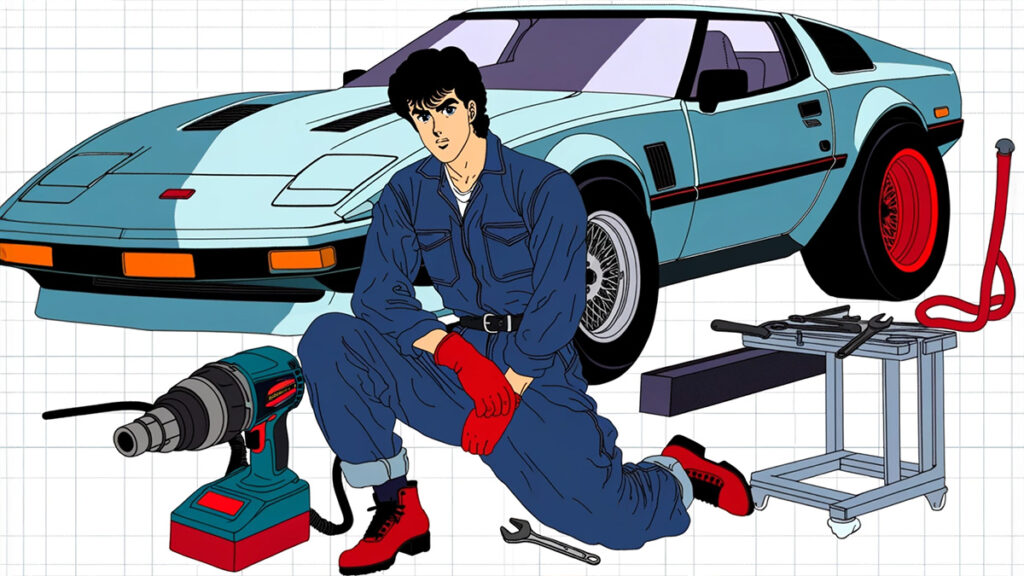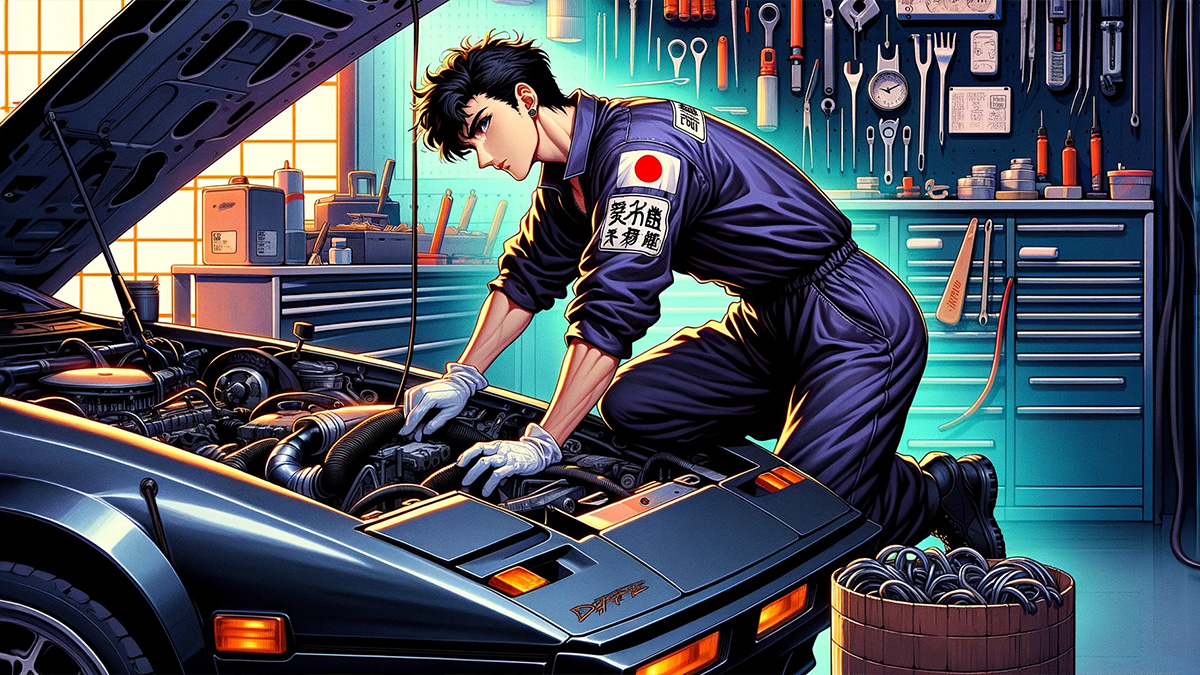Are you tired of paying hefty repair bills for your car? Do you want to be more self-sufficient and save money by doing your repairs?
Building the perfect toolkit for car repairs is the first step toward becoming a DIY auto expert. Here are essential tools and tips to get you started on your journey to automotive self-reliance.
Safety Gear
Safety should be your top priority when working on your car. Invest in safety gear like gloves, safety glasses, and a fire extinguisher. For safety, you can explore https://tools.unipac.com.au/heavy-duty-jack/ to choose the right jack and jack stands that are appropriate for your vehicle’s weight and ensure that they are in good working condition before using them. Don’t forget a jack stand and wheel chocks to keep your car stable while you work underneath it.
Basic Hand Tools
Basic hand tools are the foundation of any toolkit for car repairs. You’ll need a variety of wrenches, sockets, and screwdrivers to tackle most tasks. Consider investing in a ratchet set and a torque wrench for more precise work. Additionally, a set of pliers, including slip-joint pliers, needle-nose pliers, and locking pliers, will be invaluable for gripping and manipulating parts. These tools will allow you to tackle a wide range of repairs, from changing oil to replacing brake pads.
- Wrenches: A set of wrenches in various sizes is essential for loosening and tightening nuts and bolts. Look for a set with both metric and standard sizes to cover all your bases.
- Sockets: Sockets are great for removing nuts and bolts that are hard to reach with a wrench. A socket set with a ratchet handle will give you the versatility you need for different jobs.
- Screwdrivers: A set of screwdrivers with various sizes and types of heads will come in handy for removing screws and other fasteners.
- Pliers: Pliers are versatile tools that can be used for gripping, bending, and cutting. Look for a set with needle-nose, slip-joint, and diagonal-cutting pliers for maximum utility.
Specialty Tools
Specialty tools are indispensable for more complex tasks like engine work, suspension overhauls, or transmission repairs. These tools can often be rented from auto parts stores or purchased for a reasonable price online. Don’t let the initial investment deter you – having the right tools can save you time, frustration, and potentially costly mistakes in the long run.
Diagnostic Tools
To diagnose and troubleshoot problems, you’ll need diagnostic tools like an OBD-II scanner, a multimeter, and a compression tester. These tools will help you identify issues with your car’s engine, electrical system, and more.
- OBD-II Scanner: An OBD-II scanner is a must-have for any DIY mechanic. It plugs into your car’s OBD-II port and reads the codes that your car’s computer generates when there’s a problem. These codes can give you valuable information about what’s wrong with your car and help you diagnose the issue more quickly.
- Multimeter: A multimeter is a versatile tool that can measure voltage, current, and resistance. It’s essential for diagnosing electrical problems, such as a dead battery or a faulty alternator.
- Compression Tester: A compression tester measures the compression in each cylinder of your car’s engine. Low compression can indicate a variety of issues, from worn piston rings to a blown head gasket.
- Fuel Pressure Tester: A fuel pressure tester measures the pressure of the fuel in your car’s fuel system. Low fuel pressure can cause a variety of issues, including hard starting, rough idling, and poor acceleration.
Consumables
Consumables are the lifeblood of any DIY car repair toolkit. These are the items that you’ll use up and need to restock regularly. Make sure to keep a good supply of engine oil, transmission fluid, brake fluid, and coolant on hand. Additionally, stock up on brake cleaner, lubricants, and thread locker for various maintenance tasks. Having these consumables readily available will save you time and ensure that you’re always prepared for any repair or maintenance job that comes your way.
Organization
Organization is key to a successful DIY car repair experience. When your tools are well-organized, you can quickly find what you need and get to work. Consider investing in a tool chest or toolbox with labeled compartments to keep your tools sorted. Magnetic parts trays and bowls are also handy for keeping small parts organized and within reach. And don’t forget to keep your work area clean and clutter-free – a tidy workspace is a safe and efficient workspace.

Building the perfect toolkit for car repairs is a crucial step toward becoming a DIY auto expert. With the right tools and knowledge, you can save money and be more self-sufficient when it comes to maintaining and repairing your car. So, what are you waiting for? Start building your toolkit today and take control of your automotive destiny.


